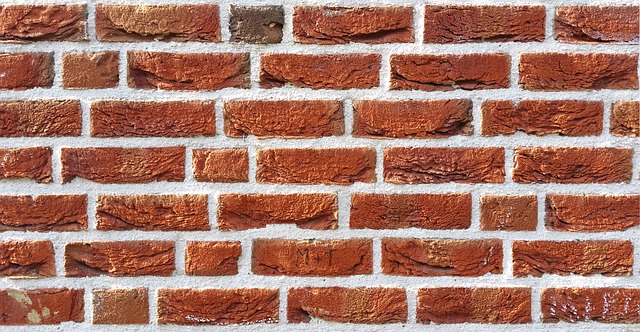 There are various stages in all relationships and whilst some will thrive, some won’t make it to the other end. It can be quite a disappointed experience, especially when we have invested a lot of time and effort into making it work and in our partners.
There are various stages in all relationships and whilst some will thrive, some won’t make it to the other end. It can be quite a disappointed experience, especially when we have invested a lot of time and effort into making it work and in our partners.
We will all have probably been in a stagnant relationship at some point in our lives but we don’t always recognise the signs. Knapp created ‘the relational development model’ where he explains that stagnation is one of the natural steps in the demise of a relationship. He explains that the first stage of this process is to differentiate yourself from the other party by becoming much more individualistic. The second step sees a decrease in communication and expressions of love, which lead to the stagnant phase.
The truth is, if you are asking yourself whether or not you are in a dead-end relationship, you most probably are. There will undoubtedly have been unaddressed and/ or unresolved issues for quite some time and it’s worth noting that these are not always verbalised. They will just feed the communication gap that has been created over time. It is therefore essential to voice your concerns.
One of the main reasons why people don’t always recognise their relationship is turning to the point of no return is because they don’t want to accept it. Unfortunately, when we reach that stage, it’s pretty unlikely that it is going to get any better, and the problem becomes that we are unconsciously refusing to do anything about it.
Sometimes, we don’t realise that we are in a stagnant relationship straight away. We just notice that we have become miserable. Moaning seems to become our prime occupation but we think that it’s just a part of life and that we are getting older. Sometimes, we ask ourselves how, since we have pretty much got everything we could possibly want, we can be so deeply unhappy. A lot of people actually resign themselves that ‘it’s their lot’.
The state of limbo and inaction will slowly kill what was left of the relationship, as both parties start to disengage.
So if this is the situation you are in, what can you do to make it better? The answer is quite easy and straight-forward: you need to address it. That’s where it becomes difficult because that’s easier said than done. We are creatures of habit and comfort so any potential change to our environment as we know it becomes a threat. What is stopping you is the fear of the future and the unknown. As humans, we don’t like uncertainty and not knowing what is going to happen to us so instead of confronting the situation, we bury our heads in the sand and hope it’ll pass. We are often scared of making the wrong decision and/ or that we will end up lonely.
Inaction is the worst thing you could do though. Think of stagnant water and what happens when it is stuck somewhere and nothing happens to it? It gets mouldy. It’s exactly the same thing that will happen in your relationship if you don’t bring some movement to it, it will quite simply rot. I am certainly not an advocate of just giving up and leaving but when you have reached a certain stage, choosing to do nothing just means one thing: you are just wasting a bit more of your time. Because the inevitable will happen.


